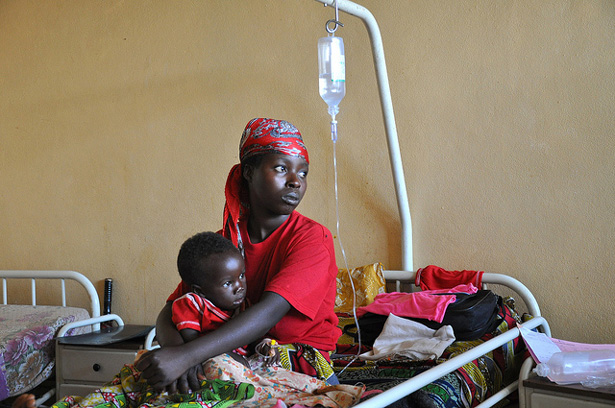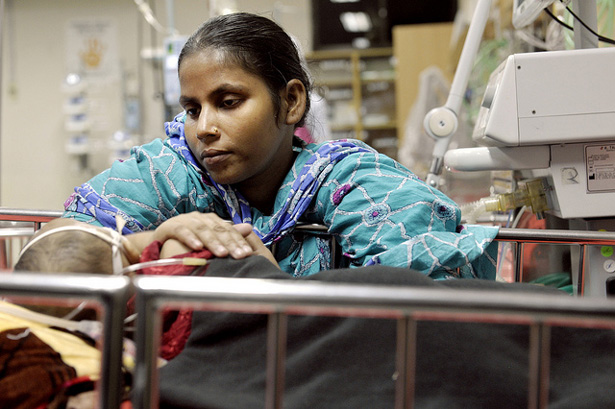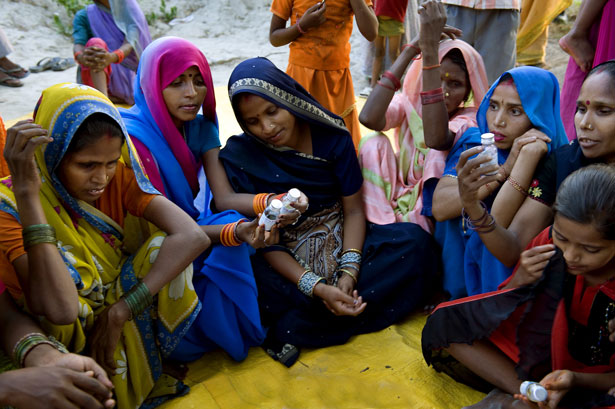-
John Sullivan on the Year Ahead in Energy and Environment News
› Bloomberg BNA‘s Director of Environmental News John Sullivan gives an overview of the key legislative, regulatory, and legal developments expected in 2013, including the Keystone XL pipeline, the future for coal-fired power plants, and the potential actions that may be taken by Congress, the White House, and the Environmental Protection Agency.
Bloomberg BNA‘s Director of Environmental News John Sullivan gives an overview of the key legislative, regulatory, and legal developments expected in 2013, including the Keystone XL pipeline, the future for coal-fired power plants, and the potential actions that may be taken by Congress, the White House, and the Environmental Protection Agency. -
When Does Oil Cause War? Petro-Aggression and Revolutionary Governments
›
One year ago, the United States government froze all property of the Central Bank of Iran and other Iranian financial institutions within the United States. The move was part of a broader effort to compel the Islamic Republic to give up its alleged nuclear weapons program. How is it working out?
-
Malaria and Maternal Health: Treating Pregnant Women Reveals Need for Integration
›
Ten years ago, a study was conducted in Mozambique to determine the impact of a new medicine for pregnant women with malaria. Over 1,000 women participated in a controlled trial of intermittent preventative treatment with sulphadoxine-pyrimethamine – half received a placebo, the other half received the actual drug. All were given an insecticide-treated net.
-
Sam Loewenberg, The New York Times
Learning From Failure
›
The original version of this op-ed, by Sam Loewenberg, appeared in The New York Times.
Americans love success stories. Go to the web sites of the United States Agency for International Development, the Bill and Melinda Gates Foundation, or a plethora of global health and development organizations, and you’ll find articles, charts, and videos documenting their triumphs and innovations, with the promise of more on the way.
-
Top 10 Posts for January 2013
›December and January were busy months. The U.S. National Intelligence Council released their latest quadrennial Global Trends Report, we saw a progress report on USAID’s Feed the Future Initiative, and Typhoon Bopha showed why developing countries are so vulnerable to climate change. Laurie Mazur also responded to Blair A. Ruble’s Wilson Center policy brief on 21st century urbanization with a look at how sustainable cities really are, and we heard from Ethiopia’s PHE community about the challenges of project monitoring and evaluation. Some past-year favorites emerged again as well, with Yemen’s demography, a look at Mongolia’s mining boom, and a great map of the world’s exclusive economic zones.
-
Setting Development Goals for Population Dynamics and Reproductive Rights
›
“I’d like to start by stating emphatically that since addressing global inequality and inequity are our overall principles in revising the MDGs [Millennium Development Goals], we must focus on health inequities to have a meaningful and lasting impact on human development,” said Beth Schlachter of the State Department’s Bureau of Population, Refugees, and Migration, speaking at the Wilson Center on January 9. “And for the most vulnerable – women and girls – that means we must focus on sexual and reproductive health and reproductive rights.” [Video Below]
-
Planning for Complex Risks: Environmental Change, Energy Security, and the Minerva Initiative
›
2012 witnessed a remarkable number and extremity of environmental conditions, from Hurricane Sandy and the U.S. drought to wildfires in Siberia and drought-driven blackouts in India. Arctic sea ice melted to its furthest extent in recent history. The energy landscape continued to change as well, from the launch of the U.S. Navy’s Great Green Fleet to the first liquefied natural gas shipments across the Arctic. As President Obama clearly stated in his second inaugural address, climate change is heightening both our risks and the need to respond, but tying together all of these issues is a highly complex endeavor.
-
A Kingdom’s Future: Saudi Arabia Through the Eyes of Its Twentysomethings
›In a new book from the Wilson Center, Caryle Murphy asks how, while its neighbors face revolutions, Saudi Arabia has been able to “weather the storm of Arab youth discontent seemingly unscathed.”
To find out, Murphy went to the source, interviewing 83 young Saudis between the ages of 19 and 29 in the spring of 2012. She found that “they are by no means a revolutionary lot, preferring gradual, step-by-step change. They want change, but not at the cost of safety and security. Most favor more tolerance for diversity, including in the realm of religion.”
Showing posts from category *Blog Columns.









